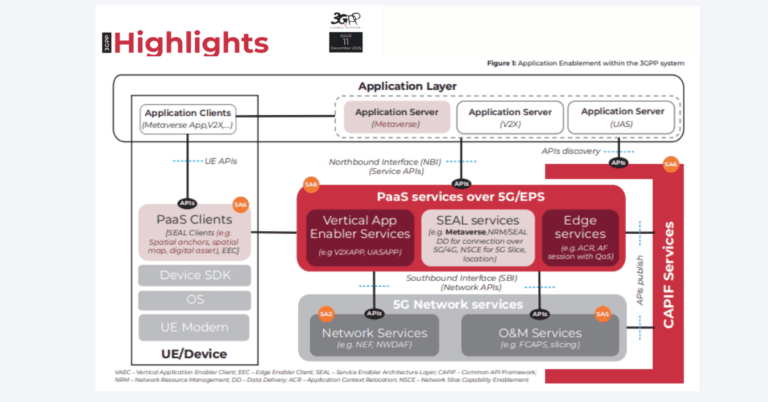Strengthening Partnership for AI-Driven RAN Innovation
SoftBank Corp. and Fujitsu Limited have signed a memorandum of understanding to deepen their collaboration in the development and commercialization of AI-RAN, an innovative architecture integrating artificial intelligence (AI) with Radio Access Networks (RAN). Targeted for deployment starting in 2026, this partnership focuses on maximizing RAN performance through AI-driven solutions.
As part of this agreement, SoftBank and Fujitsu will engage in joint research and development to create software solutions that optimize RAN functionality and boost communication quality using AI technologies. The two companies will also establish a dedicated verification lab at Fujitsu’s facility in Dallas, Texas, USA, to facilitate the testing and validation of AI-RAN components.
Progress in AI-RAN Proof-of-Concept Trials
SoftBank and Fujitsu have already begun collaborating on a proof-of-concept trial for AI-RAN, which commenced in October 2024. This outdoor trial, conducted by SoftBank, utilizes vRAN software and Radio Units supplied by Fujitsu. These units, equipped with Layer 1 software based on the NVIDIA AI Aerial platform and powered by the NVIDIA GH200 Grace Hopper Superchip, have demonstrated their ability to manage high-quality, simultaneous communications across up to 20 cells per server.
Initiatives to Fast-Track AI-RAN Commercialization
To accelerate the development and commercialization of AI-RAN, the partnership will undertake the following initiatives:
- Establishing a Verification Lab in Dallas, Texas
The new lab, located at Fujitsu’s Dallas site, will be a center for validating the hardware, software, and applications comprising the AI-RAN architecture. This facility will also serve as a platform for fostering new business opportunities and advancing the global AI-RAN ecosystem by conducting technical verifications and promoting market adoption. - Joint Research and Development of vRAN Software
The collaboration will focus on developing AI-driven software solutions aimed at enhancing RAN performance. Drawing on insights gained from the ongoing outdoor proof-of-concept trials, the companies plan to apply AI capabilities to improve communication performance in practical settings, bringing AI-RAN closer to market realization.
Driving Innovations and Societal Impact
Through the optimization and enhancement of RAN features using AI, SoftBank and Fujitsu aim to significantly boost the efficiency of investments in mobile infrastructure. Their efforts are expected to unlock new services, improve user communication quality during periods of mobility and network congestion, and enable real-time data processing and analysis. These innovations have the potential to drive transformative changes across various sectors of society and industry.
For more information, view the original announcement here.








































